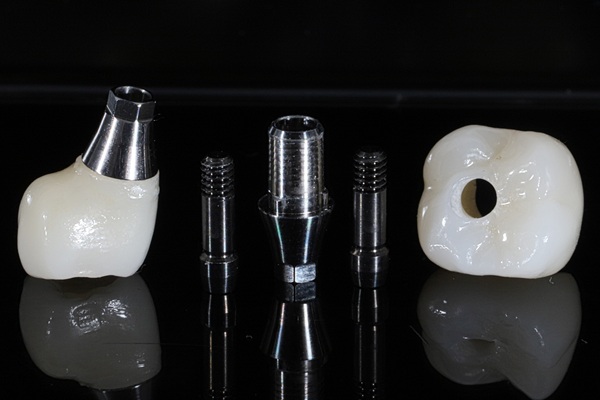What to Expect After Implant Restoration

Implant restoration is a transformative dental procedure that restores function, aesthetics, and confidence by replacing missing teeth with durable, natural-looking implants. While the results are long-lasting, understanding the recovery process and proper aftercare is essential to ensure the success of the implant restoration and maintain optimal oral health.
Immediate post-procedure recovery
After the placement of an implant restoration, patients may experience mild discomfort, swelling, or sensitivity in the treated area. These symptoms are normal and typically subside within a few days. Dentists often recommend over-the-counter pain relievers or, in some cases, prescription medications to manage discomfort. Ice packs applied to the outside of the cheek can help reduce swelling.
Patients should avoid chewing on the treated side and follow a soft-food diet for the first few days to prevent undue pressure on the restoration. Hydration is essential, but hot or carbonated beverages should be avoided initially, as they may irritate the surgical site.
Oral hygiene after implant restoration
Maintaining excellent oral hygiene is critical after implant restoration. The patient must keep the implant site clean to promote healing and prevent infections. Dentists often recommend the following practices:
- Antibacterial rinse: A prescribed or recommended antimicrobial mouthwash can help reduce bacteria and support healing.
- Gentle brushing and flossing: Use a soft-bristled toothbrush to clean around the implant restoration. Specialized floss or interdental brushes may be recommended to clean hard-to-reach areas.
- Regular dental checkups: Follow-up appointments are crucial to monitor healing and ensure the restoration integrates properly with the surrounding tissues.
Patients should avoid smoking or using tobacco products, as these can delay healing and increase the risk of implant failure.
Long-term care for implant restorations
Once the initial healing period is complete, patients can resume their normal diet and enjoy the full functionality of their implant restoration. Long-term success depends on maintaining good oral hygiene and protecting the implant from excessive force or trauma.
Some patients may benefit from wearing a custom nightguard if they grind their teeth during sleep. This appliance helps prevent damage to the restoration and the surrounding teeth.
After implant restoration, patients can look forward to a restored smile and improved oral function. With proper care and adherence to post-procedure instructions, implant restorations can provide long-lasting, natural-looking results. Regular dental checkups and good oral hygiene are key to maintaining the health and appearance of the implant.
Complications to watch for
While implant restoration boasts a high success rate, monitoring the area for any signs of complications is essential. Patients should contact their dentist if they notice:
- Persistent pain or swelling that does not improve.
- Increased sensitivity or discomfort when biting or chewing.
- Signs of infection, such as redness or discharge near the implant site.
Early intervention can address issues promptly and protect the integrity of the implant restoration.
Consult a dentist about implant restoration
Patients with questions or concerns about implant restoration should schedule a consultation to receive personalized guidance and support. A healthy, beautiful smile is within reach with this advanced dental solution. For more information, schedule a consultation visit today at Albany Dental Care.
Request an appointment here: http://www.albanydentalcare.net or call Albany Dental Care at (765) 780-2078 for an appointment in our Albany office.
Check out what others are saying about our dental services on Yelp: Dental Implant Restoration in Albany, IN.
Related Posts
Choosing between a dental crown and a filling depends on the extent of damage and the tooth's strength. A crown offers superior coverage by restoring the entire visible portion of a tooth. At the same time, fillings address smaller areas by sealing decay with materials such as resin composite, amalgam, or porcelain. No matter your…
Complications after a tooth extraction are uncommon, but understanding the warning signs helps protect long-term oral health. During healing, problems such as infection, dry socket, or prolonged bleeding can occasionally develop. Knowing what to watch for and when to call a dentist supports a smoother recovery. Below are a few things to watch for after…
During a dental practice visit, dentists assess the patient and then treat the issues scheduled for that day. It is a dentist’s responsibility to provide safe and extensive dental treatments. The patient goes home with a cleaner, healthier mouth and a better perspective about dental health. Each dental practice has its own set of steps…
If you have stained teeth, you need to know that a dental practice can often help. While everyone would love to have white teeth like Hollywood celebrities, that is just not realistic. After all, these individuals have the means to get implants and veneers, while most people do not. Keep reading to find out more…
